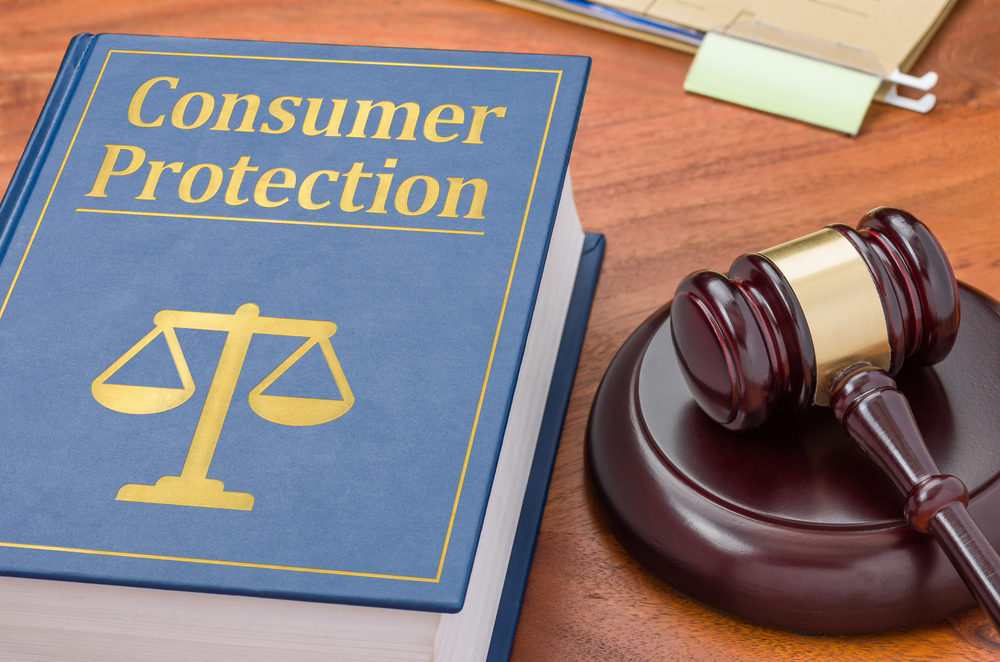
“I don’t think it’s the role of the attorney general to dictate to the utilities on how they consume or purchase their fuel.”
Oklahoma Attorney General Gentner Drummond.
If critics of the Oklahoma bond securitization Act that allowed utilities to force consumers to pay 2021 Winter Storm Uri costs over 25 to 28 years thought new Attorney General Gentner Drummond would stand up for them in their fight—-it won’t happen.
Drummond made it clear in a recent interview with Oklahoma Watch, he will apparently stand more with the utilities than with the consumers who are forced to pay more for their electrical power and natural gas for home heating.
Yet in an interview with The Oklahoman, Drummond asserted he will fight for taxpayers, stating, “—my observation is we haven’t put the needs of the taxpayer of the state of Oklahoma first.”
Taxpayers or consumers?
Drummond told Oklahoma Watch utility companies could have opted not to purchase fuel during the storm at an exorbitant price and told consumers at the time, they wouldn’t have electrical power. But they chose not to do so. Instead, they kept supplying power during the storm that resulted in rolling blackouts across Oklahoma.
Drummond also suggested it was wrong for some critics to challenge the securitization Act before the State Supreme Court, blaming them in part for higher interest rates on the bonds.
John O’Connor, the attorney general replaced by Drummond, also chose not to defend consumers who challenged the securitization act in lawsuits before the State Supreme Court. It prompted two Justices to criticize him saying he “shirked” his duty.
“The utility consumers that the Attorney General should be representing have effectively been left without representation,” declared Justice Douglas L. Combs, adding, “Their access to counsel lies with the Attorney General. Yet he has failed them.”
He offered even more pointedly critical remarks of O’Connor’s inaction.
“Of more grave concern to me, however, is the Attorney General’s abdication of his duties to OG&E’s consumers in this action,” wrote Justice Combs. “The Attorney General has a statutory duty “as the chief law officer of the state . . . [t]o represent and protect the collective interests of all utility consumers of this state in rate-related proceedings before the Corporation Commission. Yet he shirked this duty.”
The following is part of the Oklahoma Watch interview:
Oklahoma utility customers are paying for decades for fuel costs over just a few days during the winter storm in February 2021. Given that the attorney general has a duty to represent ratepayers in utility cases at the Oklahoma Corporation Commission, what’s your philosophy on the attorney general’s role there?
I believe clearly the attorney general’s office is the protector of the ratepayer. That doesn’t mean we are the antagonist of the utilities, because frankly when I walk in a room and turn on a light switch, I would prefer the light to come on. But at the same time, there needs to be a healthy tension so that the utility companies are paid fairly but not egregiously where there’s an undue burden to the ratepayer.
Did you see anything from the utility ratepayer-backed bond process (to pay for the storm costs) that stuck out to you?
With 20-20 hindsight, it was devastating to the state that we fought about it and didn’t immediately securitize when the (interest) rate structure was low. So now we’re going to pay $2 billion in interest. Had we not fought among ourselves and acted like rational business people, that interest rate would probably be one-half (of that amount).

At the end of the day, (Storm) Uri happened. Prices went up to $1,200 (per unit) from $1.90. It was a crazy time. My predecessor (John O’Connor) wanted to go sue all the oil and gas companies. I’m an economist by training, and previously, I’ve sold commodities in cattle and oil and gas. So I understand how the market is structured. I don’t think it’s the role of the attorney general to dictate to the utilities on how they consume or purchase their fuel.
I think the market forces, the unseen hand of Adam Smith, came into play and prices went through the roof. Our oil and gas companies could have said, “No. We choose not to sell. No lights. No gas. Sorry.” So I don’t blame the industry for selling at the market value. I’m an economist. It’s a free market; that’s what it dictated. I think the utilities probably walked away going, “We didn’t look so smart, and maybe we should blend forward contracting (for fuel purchases) with spot marketing.”
Do you have new people at your office’s Utility Division?
Those that were affiliated with this area of law are no longer in that area of law. I brought in new subject matter experts so we have a fresh start to do it right.
Click here for entire Oklahoma Watch interview




